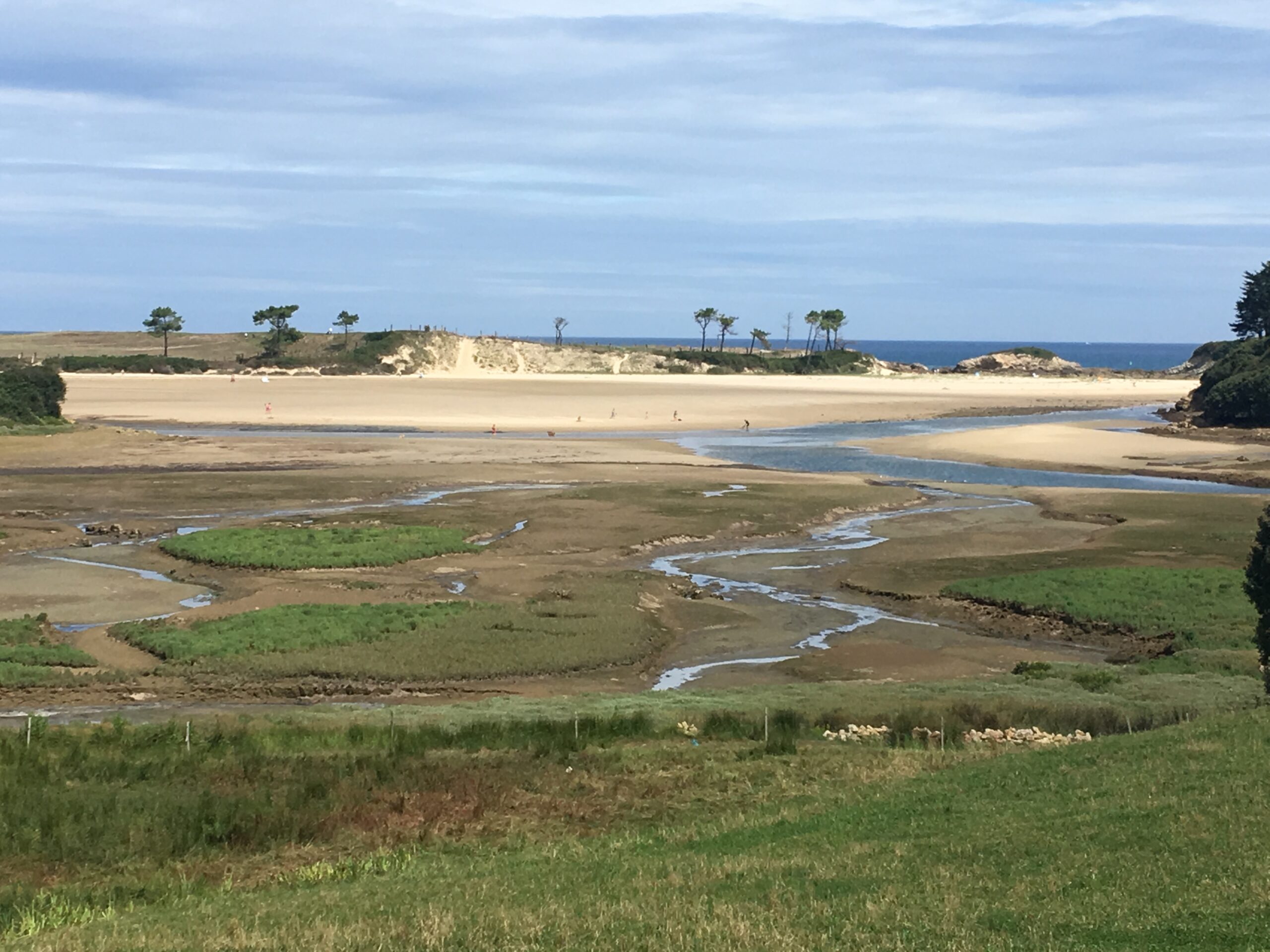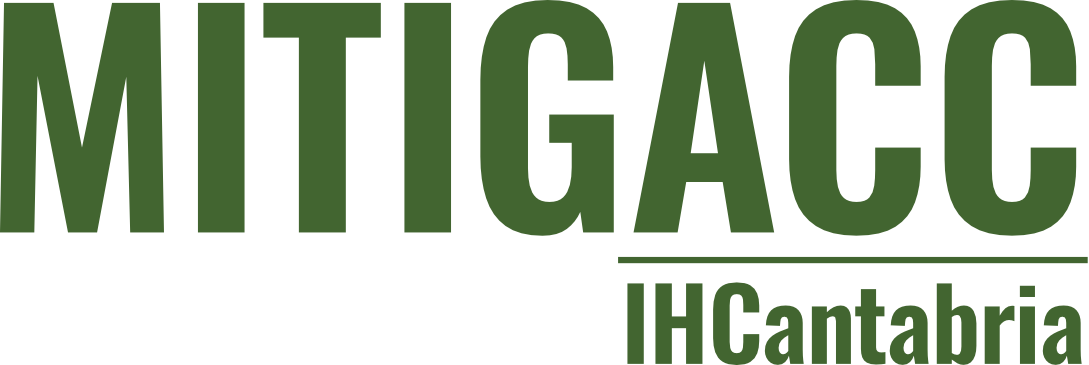IMPACT OF THE SPREAD OF INVASIVE ALIEN SPECIES (IAS) ON THE CLIMATE CHANGE MITIGATION POTENTIAL OF SALTMARSHES
WHY MITIGACC
Saltmarshes provide multiple ecosystem services to society, such as the support of biodiversity, the protection of coastal areas from erosion and flooding, the regulation of nutrient cycling and water quality and the provision of social and cultural values. In addition, they are among the most significant natural carbon sinks on earth, constituting along mangroves and seagrass meadows, the so-called group of Blue Carbon ecosystems.
Despite the multiple ecosystem services saltmarshes provide, they are highly threatened ecosystems at a global scale due to a combination of human and natural factors. The loss or degradation of coastal wetlands not only leads to the loss of their carbon sink capacity but can also trigger the emission of CO2 and other green house gases (e.g. CH4). Thus, the conservation and restoration of Blue Carbon ecosystems are considered key to mitigate climate change, as they avoid GHG emissions and enhance carbon sequestration.
A key question for developing climate change mitigation strategies based on the management of saltmarshes is understanding the impact that the loss and deterioration of these ecosystems have in the climate benefits they provide. The spread of invasive species is one of the main drivers of saltmarsh regression and degradation worldwide, including Europe. Yet, the effect on the climate benefits provided by native saltmarshes remains largely unexplored.
This project aims to increase the knowledge on the impact of the spread of invasive alien species (IAS) on the climate change mitigation potential of saltmarshes. The project will focus on two invasive species that are colonizing estuarine areas of the Atlantic coast of Europe, displacing native communities dominated by Juncus maritimus and Spartina maritima: Baccharis halimifolia and Spartina alterniflora, respectively.


